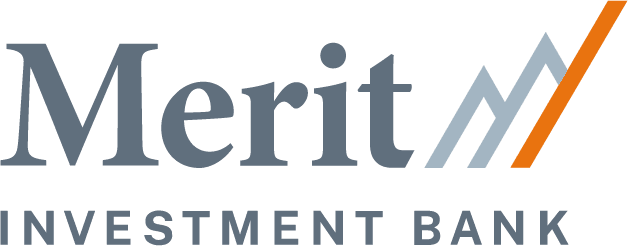Most owners of privately held business do not know if their business is sellable or what to do to achieve an Outlier Outcome at sale. An Ideal exit is one that is on your time, your terms and at your price.

In order to help you think about orchestrating your own Outlier Outcome, we offered some tips and observations in our three-part outlier outcomes series.
Companies that achieve “Outlier Outcomes” typically have:
1) Differentiation.
2) High Growth Rate.
3) Consistent Profitability.
4) Defensible Proforma and growth plan
5) Good Positioning.
6) Are in a good “Tailwind” Sector.
Please take a moment to answer 10 questions with a simple yes / no survey to help you get closer to an answer to what is takes to achieve an outlier outcome.
- Do you feel you are a leader in terms of growth rate and profits vs. your peers?
- Do you have a “rockstar” talented management team and could leave the business at sale without a discount?
- Do you know the growth rate of your industry – are you leading, lagging, or neutral to your peers?
- Is your largest customer under 15% of sales and your top 3 customers under 35%?
- Is your CAC/LTV (or Gross Margin) leading or lagging in your industry?
- In a crowded market of Baby Boomer sellers, can you truly articulate why your company is different?
- Do you know your business’ value (Have you done a valuation?)
- Do you know what number you need to retire or pursue your next chapter AFTER taxes? (Have you met with your CPA & Wealth Manager?)
- Do you want to increase the value of your company whether you choose to sell or not?
- Are you wanting to achieve a dream exit in under 3 years?
If you answered yes to 8 of the 10 questions above, you are ready for an ideal exit or Outlier Outcome!
If you answered yes to less than 8, we can help accelerate value and help you achieve an ideal or dream exit.


0 Comments